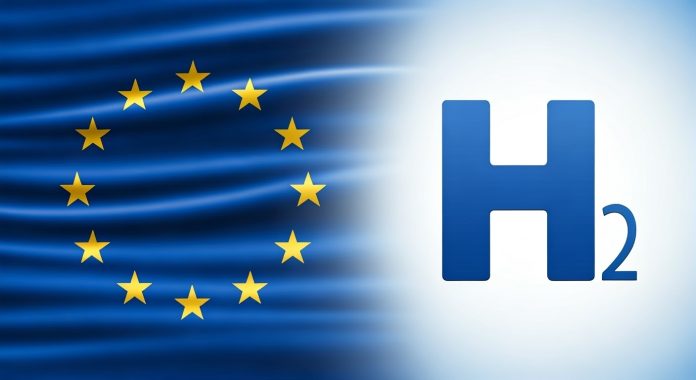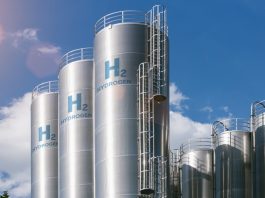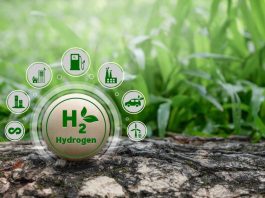The European Commission has approved two significant State aid schemes to ramp up renewable hydrogen production in Austria and Lithuania.
With a combined funding of €436m, these clean hydrogen initiatives align with the European Union’s broader objectives under the Clean Industrial Deal, the REPowerEU Plan, and the EU Hydrogen Strategy.
This move marks a crucial step in reducing Europe’s dependence on Russian fossil fuels while bolstering the EU’s industrial competitiveness in the global hydrogen economy.
Through the European Hydrogen Bank’s innovative ‘Auctions-as-a-Service’ tool, these projects will play a key role in achieving the EU’s ambitious target of producing 20 million tonnes of renewable hydrogen by 2030.
Teresa Ribera, Executive Vice-President for Clean, Just and Competitive Transition, explained: “These schemes mark an important step in boosting renewable hydrogen development and reducing the cost of this strategic clean fuel.
“They will support the most competitive projects in Austria and Lithuania, reducing the burden on taxpayers and minimising possible market distortions.
“Austria and Lithuania are among a growing number of Member States choosing to make use of this EU auction, which offers an accelerated solution for awarding public support in this strategic sector.”
European Hydrogen Bank: Driving investment in green energy
The European Hydrogen Bank is an EU-led initiative designed to bridge the investment gap in renewable hydrogen production while connecting suppliers to potential consumers across the continent.
It supports both domestic hydrogen production and imports, ensuring that Europe remains at the forefront of the green energy transition.
This initiative is primarily funded through the EU Emissions Trading System (ETS) revenues and operates under the Innovation Fund.
By implementing a structured hydrogen auction system, the European Hydrogen Bank seeks to incentivise cost-competitive production, thereby driving scalability and market adoption.
Austria and Lithuania set to ramp up hydrogen production
The recently approved Austrian and Lithuanian State aid schemes will facilitate the production of a combined 125,000 tonnes of renewable hydrogen, leading to a substantial reduction in carbon emissions. Specifically:
- Austria: The €400m scheme aims to produce 112,000 tonnes of renewable hydrogen, avoiding approximately 536,000 tonnes of CO2 emissions.
- Lithuania: The €36m scheme will support the production of 13,000 tonnes of renewable hydrogen, preventing around 61,000 tonnes of CO2 emissions.
These projects will significantly contribute to each country’s national hydrogen objectives, supporting the broader EU mandate to increase the share of renewable fuels of non-biological origin (RFNBOs) in both transport and industrial applications.
Competitive bidding process to ensure fair and effective distribution
The financial aid under these schemes will be distributed through a competitive bidding process, set to conclude in the first quarter of 2025.
The European Climate, Infrastructure, and Environment Executive Agency (CINEA) will oversee the process, ensuring transparency and efficiency in fund allocation.
Companies planning to construct new electrolysers in Austria and Lithuania will be eligible to participate, provided they meet the strict EU RFNBO compliance criteria.
The grants will be awarded per kilogramme of renewable hydrogen produced, with financial support extending for a maximum duration of ten years.
Beneficiaries must also demonstrate their commitment to additional renewable electricity deployment, ensuring that hydrogen production is genuinely sustainable and contributes to the decarbonisation goals.
The future of renewable hydrogen in Europe
The approval of these Austrian and Lithuanian State aid schemes is a significant milestone in the EU’s renewable energy strategy.
By providing robust financial support and fostering a competitive bidding environment, Europe is laying the foundation for a self-sufficient, green hydrogen economy.
As the 2025 auction deadline approaches, industry players are expected to seize this opportunity, further cementing Europe’s leadership in the global renewable hydrogen market.
With continued investment and policy support, the EU is well on its way to achieving its long-term vision of a climate-neutral future powered by clean energy solutions.









